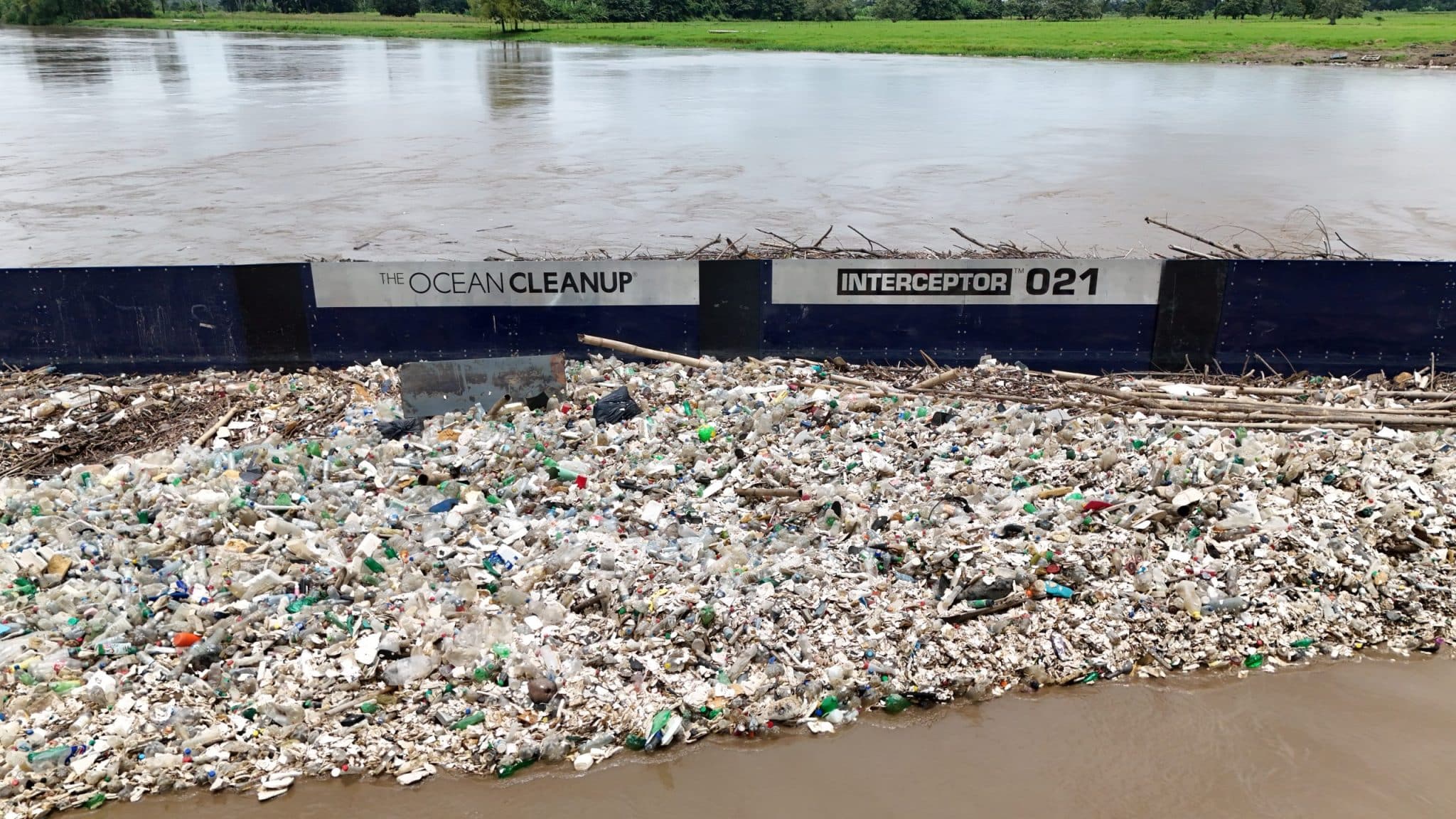Image Credit: twinsterphoto/123rf.com
As of January 1, California has officially banned the use of most polystyrene foam food containers, marking a significant development in the state’s ongoing efforts to combat plastic pollution. This legislation targets common items such as clamshell containers and cups, often referred to as “Styrofoam,” and aims to eliminate up to 3.9 billion pieces of foam ware annually.
The ban is part of California’s broader Plastic Pollution Prevention and Packaging Producer Responsibility Act (SB 54), which was signed into law in 2022. This law establishes stringent new recycling standards for foam products, requiring users to demonstrate that at least 25 percent of the products are recyclable—a challenging requirement considering that less than one percent of polystyrene foam is currently recycled.
The environmental concerns surrounding expanded polystyrene foam are significant. These materials easily break down into microplastics, contributing to long-distance pollution and creating extensive waste management issues. Data from Ocean Conservancy highlights that foam containers rank among the top ten waste items collected during international coastal cleanups, despite representing a small fraction of overall plastic use.
California’s regulatory approach is intended not only to reduce waste but also to drive the industry toward more sustainable packaging alternatives. The state’s economic influence is expected to encourage changes in manufacturing practices both nationally and globally. Other states and cities are following suit, with ten U.S. states and over 100 cities already implementing foam bans or restrictions.
The impact of similar legislation has been notable in other regions. Following Maryland’s ban on polystyrene foam, a reported 65 percent decrease in foam items collected during cleanups was observed, underscoring the effectiveness of such policies in reducing ocean plastic pollution.
While some manufacturers, such as Dart Container, have expressed challenges in adapting to the new regulations, the trend towards phasing out problematic materials like polystyrene foam is gaining momentum. Leading organizations are collaborating on strategies to eliminate these harmful products, further reinforcing the push for sustainable alternatives.
California’s ban is anticipated to catalyze global initiatives aimed at addressing plastic pollution, aligning with ongoing United Nations discussions regarding a global treaty on plastic waste. The state’s actions are viewed as pivotal in redefining responsible consumption and production practices in the modern era.
Check out the original article here: Source link



